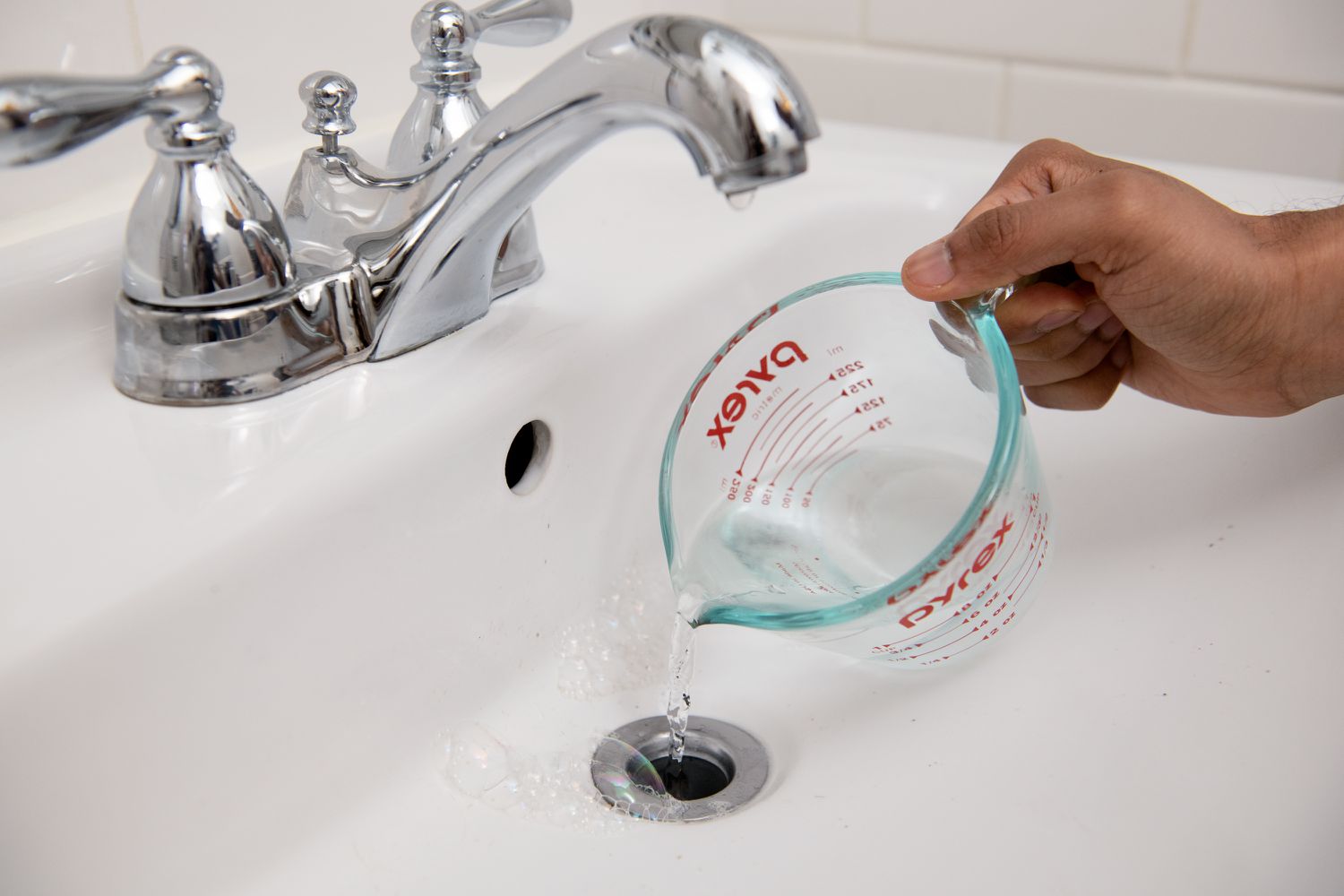

Articles
How To Unclog A Sink Naturally
Modified: March 2, 2024
Learn how to naturally unclog a sink with these informative articles. Find effective and eco-friendly solutions to keep your sink flowing smoothly.
(Many of the links in this article redirect to a specific reviewed product. Your purchase of these products through affiliate links helps to generate commission for Storables.com, at no extra cost. Learn more)
Introduction
Having a clogged sink can be a frustrating experience. Whether it’s in the kitchen or bathroom, a sink clog can disrupt your daily routine and cause inconvenience. While there are many commercial products available to unclog sinks, they often contain harsh chemicals that can be harmful to both your health and the environment. Fortunately, there are natural methods you can use to unclog a sink effectively and safely.
Using natural methods not only helps to protect your health and the environment but also saves you money. Most of the ingredients required for these methods are readily available in your kitchen or pantry. Additionally, these natural techniques are often just as effective as their chemical counterparts.
In this article, we will explore various natural methods for unclogging sinks. From simple DIY solutions to effective household items, we will provide you with step-by-step instructions on how to unclog your sink naturally.
Key Takeaways:
- Natural methods for unclogging sinks, such as using baking soda and vinegar, hot water and salt, or a wire hanger, offer safe, cost-effective, and eco-friendly solutions while effectively clearing sink clogs.
- Understanding the common causes of sink clogs, such as grease, soap scum, and mineral buildup, can help prevent future clogs and maintain a smoothly running sink. Practicing good habits and regular maintenance are key to keeping your sink clog-free.
Read more: How To Unclog The Sink
Common Causes of Sink Clogs
Before we dive into the natural methods to unclog a sink, it’s essential to understand the common causes of sink clogs. Being aware of these causes can help you prevent future clogs and maintain a smoothly running sink.
1. Grease and Food Particles: In the kitchen sink, grease, cooking oil, and food particles are common culprits for clogs. These substances can solidify over time, forming a barrier and blocking the flow of water.
2. Soap Scum and Hair: In the bathroom sink, soap scum and hair are often the main causes of clogs. As soap residue accumulates in the pipes, it can combine with hair strands, leading to a clog.
3. Mineral Buildup: Hard water can cause mineral buildup in the pipes over time. This can restrict water flow and result in clogs in both kitchen and bathroom sinks.
4. Foreign Objects: Accidentally dropping small objects like jewelry or toothpaste caps into the sink can also lead to clogs. These objects can get stuck in the pipes and block the drain.
Why Choose Natural Methods?
Opting for natural methods to unclog your sink offers several advantages:
1. Safe for your health: Commercial drain cleaners often contain harsh chemicals like lye, which can cause skin and respiratory irritation. Natural methods, on the other hand, utilize common household ingredients and pose no risk to your health.
2. Environmentally friendly: Chemical drain cleaners pose a threat to the environment when they are washed down the drain. Natural methods are eco-friendly as they make use of non-toxic ingredients and do not contribute to water pollution.
3. Cost-effective: Natural methods are significantly cheaper than purchasing commercial drain cleaners. Most of the ingredients required are already available in your home, saving you money while effectively unclogging your sink.
Now that we understand the common causes of sink clogs and the advantages of using natural methods, let’s dive into the various ways to unclog your sink naturally.
Key Takeaways:
- Natural methods for unclogging sinks, such as using baking soda and vinegar, hot water and salt, or a wire hanger, offer safe, cost-effective, and eco-friendly solutions while effectively clearing sink clogs.
- Understanding the common causes of sink clogs, such as grease, soap scum, and mineral buildup, can help prevent future clogs and maintain a smoothly running sink. Practicing good habits and regular maintenance are key to keeping your sink clog-free.
Read more: How To Unclog The Sink
Common Causes of Sink Clogs
Before we dive into the natural methods to unclog a sink, it’s essential to understand the common causes of sink clogs. Being aware of these causes can help you prevent future clogs and maintain a smoothly running sink.
1. Grease and Food Particles:
The kitchen sink is prone to clogs caused by grease, cooking oil, and food particles. When these substances are washed down the drain, they can solidify and accumulate over time, creating a barrier that blocks the flow of water. To prevent clogs caused by grease and food particles, try to dispose of excess grease in a separate container instead of pouring it down the sink. Use a strainer or drain cover to catch food debris and regularly clean it to prevent buildup.
2. Soap Scum and Hair:
In the bathroom sink, soap scum and hair are common culprits for clogs. As you wash your hands or brush your hair, soap residue can accumulate in the pipes along with strands of hair. Over time, this combination can create a stubborn clog. To minimize these types of clogs, use a drain strainer to catch hair and regularly clean the drain cover. Avoid allowing excessive amounts of soap residue to go down the drain by rinsing the sink with hot water after each use.
3. Mineral Buildup:
Hard water is a common issue in many households, and it can lead to mineral buildup in sink pipes. The minerals in hard water, such as calcium and magnesium, can form deposits and gradually restrict water flow. To prevent mineral buildup, consider installing a water softener system or use distilled water for tasks that involve a lot of water consumption, such as cleaning dishes or washing vegetables.
4. Foreign Objects:
Accidentally dropping small objects into the sink can also lead to clogs. Items like jewelry, toothpaste caps, or small toys can get lodged in the pipes and obstruct the drain. Be cautious when using the sink and avoid allowing small objects to fall into the drain. If an object does get stuck, you may need to dismantle the pipe or seek professional assistance to remove it.
By understanding the common causes of sink clogs, you can take appropriate measures to prevent them from occurring. Regular maintenance and practicing good habits, such as using drain strainers and disposing of waste properly, can go a long way in keeping your sink clog-free.
Why Choose Natural Methods?
Opting for natural methods to unclog your sink offers several advantages:
1. Safe for your health:
Commercial drain cleaners often contain harsh chemicals like lye, which can cause skin and respiratory irritation. These chemicals can be hazardous, especially if you have children or pets in the house. Natural methods, on the other hand, make use of common household ingredients such as baking soda, vinegar, and salt, which pose no risk to your health. You can feel confident using these natural solutions knowing that they are safe and non-toxic.
2. Environmentally friendly:
Chemical drain cleaners can be harmful to the environment. When these chemicals are washed down the drain, they can end up in waterways, polluting our rivers, lakes, and oceans. Natural methods, on the other hand, are eco-friendly. They utilize non-toxic ingredients that are biodegradable and do not contribute to water pollution. By choosing natural methods, you are doing your part to protect the environment and promote sustainability.
3. Cost-effective:
Using natural methods to unclog your sink can save you money. Most of the ingredients required, such as baking soda, vinegar, or salt, are already common household items that you likely have in your pantry. You don’t need to spend extra money on expensive commercial drain cleaners that may not even be as effective as natural solutions. By utilizing what you already have at home, you can effectively unclog your sink without breaking the bank.
4. Versatility:
Natural methods for unclogging a sink are versatile and can be used in various scenarios. Whether you have a kitchen sink clogged with grease or a bathroom sink clogged with hair and soap scum, natural solutions can often address these issues effectively. Additionally, natural methods can be used on different types of sinks, such as stainless steel, porcelain, or ceramic, without causing any damage. Their versatility makes them a go-to option for anyone dealing with a clogged sink.
5. Convenient:
One of the great advantages of natural methods is that they are easily accessible. You don’t need to rush to the store or wait for a plumber to arrive. The ingredients required for natural solutions are commonly found in most households, making them a convenient and readily available option when you need to unclog your sink quickly.
Considering all the benefits of natural methods, it’s clear why they are a popular choice for unclogging sinks. They provide a safe, eco-friendly, cost-effective, versatile, and convenient solution for maintaining a clear and flowing sink drain.
Read more: How To Unclog A Bathtub Drain Naturally
Tools and Materials Needed
Before you begin unclogging your sink using natural methods, it’s helpful to gather the necessary tools and materials. Most of these items can be found in your kitchen or pantry, making it convenient and cost-effective.
Here are the tools and materials you will need:
- Baking Soda: Baking soda, also known as sodium bicarbonate, is a versatile ingredient used in many natural cleaning solutions. It has the ability to break down grease and dissolve minor clogs in your sink.
- Vinegar: White vinegar is another common household ingredient that is highly effective in unclogging sinks. Its acidic properties help to dissolve grease, soap scum, and mineral buildup.
- Salt: Salt is a natural abrasive and can be used along with other ingredients to scrub away stubborn clogs or debris.
- Hot Water: Hot water is a simple yet powerful tool in unclogging sinks. It can help to flush away debris and dissolve greasy substances.
- Plunger: A plunger is a valuable tool for unclogging sinks. It creates suction or pressure to dislodge clogs that are located closer to the drain opening.
- Wire Hanger: This tool can be used to dislodge clogs that are deeper in the pipes. By bending a wire hanger into a hook shape, you can reach and remove hair or other blockages.
It’s important to note that the specific tools and materials needed may vary depending on the method you choose to unclog your sink. Some methods may require additional items, such as a bucket to catch water or rubber gloves to protect your hands.
By preparing all the necessary tools and materials ahead of time, you can ensure a smoother and more efficient unclogging process. So gather these items and let’s move on to the various natural methods you can use to unclog your sink.
Method 1: Baking Soda and Vinegar
One of the most popular and effective natural methods to unclog a sink is by using a combination of baking soda and vinegar. This powerful duo works together to create a chemical reaction that can break down clogs and clear your drain.
Follow these steps to unclog your sink using baking soda and vinegar:
- Pour about a cup of baking soda down the clogged drain. Make sure to distribute it evenly.
- Slowly pour a cup of vinegar into the drain on top of the baking soda. You will notice a fizzy reaction, and you may hear some bubbling sounds. This reaction helps to break down grease, hair, and other debris causing the clog.
- Cover the drain opening with a drain plug or a cloth to prevent the mixture from fizzing out of the drain. Leave it undisturbed for about 30 minutes to allow the baking soda and vinegar to work their magic.
- After the designated time, remove the drain cover and flush the drain with hot water. Hot water will help to clear away any remaining debris and fully unclog the sink.
If the sink is still partially clogged after using this method, you can repeat the steps a second time or move on to another natural method.
This method is safe to use on most types of sinks, including stainless steel, porcelain, and ceramic. The combination of baking soda and vinegar is effective in dissolving grease, mineral buildup, and other stubborn clogs that may be causing your sink to drain slowly or not at all.
Remember to be cautious when working with baking soda and vinegar, as the reaction can cause the mixture to bubble up. Always cover the drain opening to prevent any splashing and use hot water carefully to avoid scalding.
Now that you’ve successfully used baking soda and vinegar to unclog your sink, let’s explore another natural method that you can try.
Pour a mixture of 1/2 cup baking soda and 1/2 cup vinegar down the clogged sink, followed by hot water. Let it sit for 5-10 minutes then flush with hot water to clear the clog naturally.
Method 2: Hot Water and Salt
If you’re looking for a simple and economical method to unclog your sink, using hot water and salt can be an effective solution. This method works well for minor clogs and can help to remove grease and debris from your drain.
Here’s how you can use hot water and salt to unclog your sink:
- Boil a pot of water. Make sure to use enough water to cover the sink drain completely.
- While the water is boiling, pour a few tablespoons of salt down the clogged drain.
- Once the water has reached a rolling boil, carefully pour it down the drain. The hot water will help to dissolve grease and loosen debris.
- Allow the hot water to work its way through the drain for a few minutes.
- After a few minutes, turn on the faucet and let hot water run through the drain for about a minute. This will help to flush away any remaining particles.
Hot water helps to melt away grease and soften debris, while salt acts as an abrasive, helping to scrub away stubborn clogs. The combination of these two ingredients can be surprisingly effective in clearing minor sink clogs.
It’s important to note that this method works best for sinks with minor clogs. If you have a more severe or persistent clog, you may need to try alternative methods or seek professional help.
This hot water and salt method is safe for all types of sinks and drains and won’t cause any damage. However, always exercise caution when working with hot water to avoid burns.
If your sink is still not fully unclogged after attempting this method, you can move on to another natural method that we will explore next.
Method 3: Baking Soda and Salt
For those stubborn sink clogs that seem resistant to typical methods, combining baking soda and salt can provide a powerful and effective solution. This method harnesses the abrasive properties of salt and the cleaning power of baking soda to break down tough clogs and restore the flow of water.
Follow these steps to use baking soda and salt to unclog your sink:
- Mix equal parts baking soda and salt in a bowl. For example, you can combine ½ cup of baking soda and ½ cup of salt.
- Pour the mixture down the clogged drain, ensuring that it is distributed evenly.
- Allow the baking soda and salt mixture to sit in the drain for about 15 minutes. This will give them enough time to work their way through the clog.
- After 15 minutes, pour hot water down the drain to flush away the mixture and clear any remaining debris.
The combination of baking soda and salt creates a potent cleaning and unclogging solution. Baking soda helps to break down grease and other substances, while salt acts as an abrasive to scrub away stubborn clogs. Together, they work to clear the blockage and restore proper drainage.
It’s important to note that this method is more effective for minor to moderate sink clogs. For severe or persistent clogs, you may need to try other natural or mechanical methods or contact a professional plumber.
This method is safe for most types of sinks and drains, but be cautious when using it on delicate materials such as porcelain or acrylic. If you’re unsure about the compatibility of baking soda and salt with your sink material, test a small amount on an inconspicuous area first to ensure there are no adverse reactions.
If your sink remains clogged after attempting this method, don’t worry. There are still other natural methods to try, which we’ll explore in the following sections.
Read more: How To Unclog A Sink With A Plunger
Method 4: Plunger
When it comes to unclogging sinks, a classic tool that often comes to mind is the plunger. While commonly associated with toilet clogs, a plunger can also be effective in clearing sink clogs. This method requires a plunger with a flat bottom, specifically designed for sinks.
Follow these steps to use a plunger to unclog your sink:
- Fill the sink partially with water until it covers the bottom of the plunger.
- Place the plunger over the drain opening, ensuring a tight seal.
- Push the plunger up and down vigorously, creating suction and pressure to dislodge the clog. Start with gentle plunging and gradually increase the force.
- Continue plunging for about 15-20 seconds or until you feel the clog has been cleared.
- Once you’ve successfully cleared the clog, run hot water down the drain to ensure it is flowing freely.
A plunger works by creating suction and pressure, which can help to dislodge clogs that are closer to the drain opening. It can be particularly effective for dealing with clogs caused by organic matter and debris.
Remember to use an appropriate plunger designed for sinks, as a toilet plunger may not provide the necessary seal and force for sink clogs. Additionally, ensure that the plunger is clean and free from any residue or debris before using it on your sink.
If you’re still experiencing a clog after attempting this method, there are other natural methods to explore. Let’s move on to the next one.
Method 5: Boiling Water
If you’re looking for a simple and straightforward method to unclog your sink, boiling water can be an effective solution. This method works well for minor clogs caused by grease, soap scum, or small debris.
Follow these steps to use boiling water to unclog your sink:
- Boil a pot or kettle of water. Ensure that you have enough boiling water to completely cover the drain.
- Pour the boiling water directly into the drain in a slow and steady manner.
- Allow the hot water to work its way through the clog for a few minutes.
- If necessary, repeat the process a couple of times to ensure the clog is fully cleared.
- After each round of boiling water, run hot tap water down the drain to flush away any remaining debris.
The high temperature of boiling water can help to melt away grease, soap scum, and other substances that may be causing the clog. This method is particularly effective for minor clogs or as a preventive maintenance technique to keep your sink drain flowing smoothly.
Caution should be exercised when handling boiling water to avoid burns. Hold the kettle or pot carefully and pour slowly to prevent splashing.
If the clog persists or if you suspect a more severe blockage, it may be necessary to try another natural method or seek professional assistance.
Now that you’ve tried using boiling water to unclog your sink, let’s move on to our final natural method.
Method 6: Wire Hanger
When dealing with stubborn clogs that are deeper in the pipes and difficult to reach, using a wire hanger can be an effective solution. This method allows you to manually dislodge clogs and remove debris from within your sink drain.
Follow these steps to use a wire hanger to unclog your sink:
- Take a wire hanger and straighten it out, leaving a hook at one end.
- Insert the hooked end of the wire hanger into the drain. Be careful not to push the clog further into the pipes.
- Gently twist and maneuver the wire hanger inside the drain to catch and pull out any hair, debris, or other blockages. Use a back-and-forth motion to help break up the clog.
- Once you’ve removed as much debris as possible, run hot water down the drain to flush away any remaining particles.
- If necessary, repeat the process a few times until the drain flows freely.
A wire hanger is a simple yet effective tool for reaching and removing clogs that may be located deeper within the pipes. The hook allows you to catch and pull out hair, small objects, and other obstructions that may be causing the clog.
Remember to be gentle when using the wire hanger to avoid damaging the pipes. Additionally, ensure that the wire hanger is clean and free from any sharp edges or residue before using it on your sink drain.
If you’re unable to reach or dislodge the clog using a wire hanger, or if the clog persists, it may be necessary to try another method or seek professional assistance.
Now that you’ve learned a variety of natural methods to unclog your sink, you can choose the one that best suits your situation and needs. Remember, consistency and regular maintenance can help prevent future clogs and ensure the efficient functioning of your sink drain.
Conclusion
Dealing with a clogged sink can be a frustrating experience, but with the natural methods outlined in this article, you can effectively unclog your sink without resorting to harsh chemicals or expensive commercial products.
We explored various natural methods, including using baking soda and vinegar, hot water and salt, baking soda and salt, a plunger, boiling water, and a wire hanger. Each method offers its unique approach to unclogging your sink, targeting different types of clogs and debris.
Natural methods have several advantages, including being safe for your health, environmentally friendly, cost-effective, versatile, and convenient. By utilizing common ingredients and tools found in your kitchen or pantry, you can unclog your sink naturally without compromising on effectiveness or harming the environment.
Remember to be proactive in preventing future sink clogs by practicing good habits, such as using sink strainers or drain covers, avoiding pouring grease down the drain, and regularly cleaning your sink. This will help maintain a smoothly running sink and minimize the likelihood of clogs occurring.
Whether you choose to use baking soda and vinegar, hot water and salt, or any other method mentioned, rest assured that these natural solutions can effectively unclog your sink and keep your drain flowing freely.
Next time you’re faced with a clogged sink, try these natural methods before reaching for commercial products. Not only will you save money, but you’ll also contribute to a healthier environment and create a safer living space for you and your loved ones.
Frequently Asked Questions about How To Unclog A Sink Naturally
Was this page helpful?
At Storables.com, we guarantee accurate and reliable information. Our content, validated by Expert Board Contributors, is crafted following stringent Editorial Policies. We're committed to providing you with well-researched, expert-backed insights for all your informational needs.
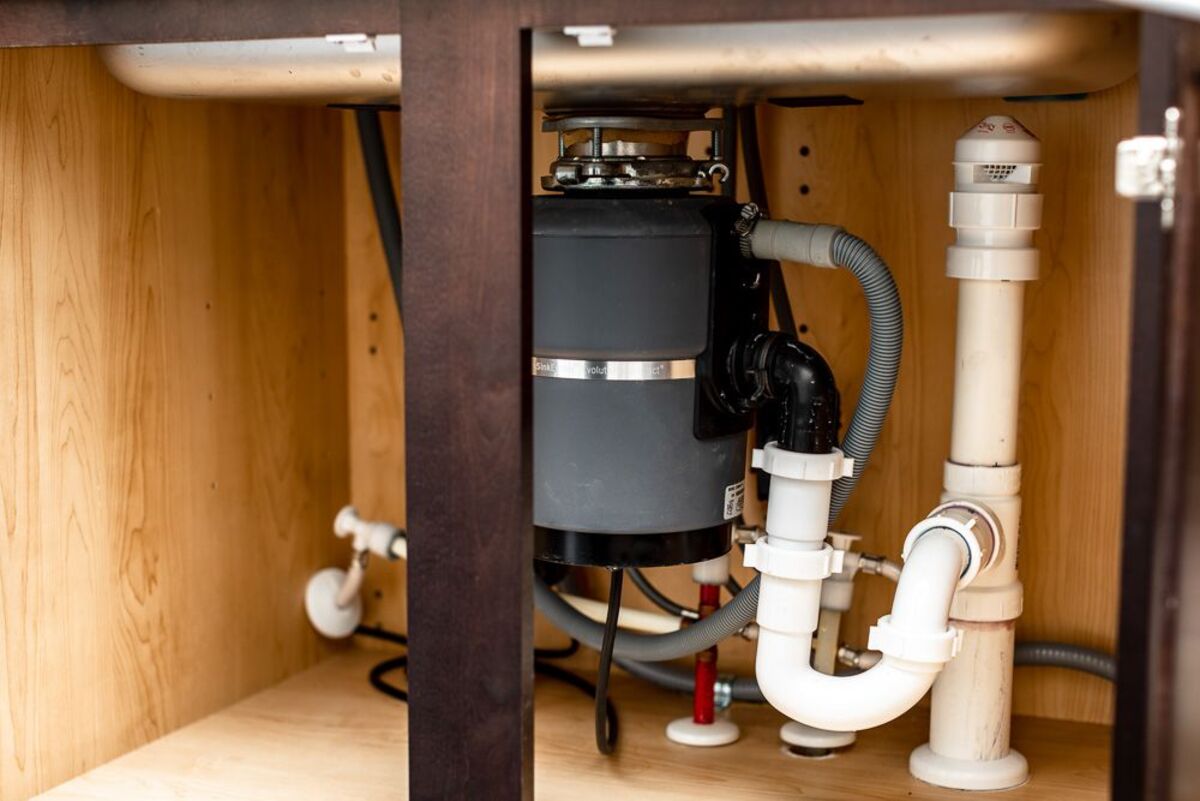
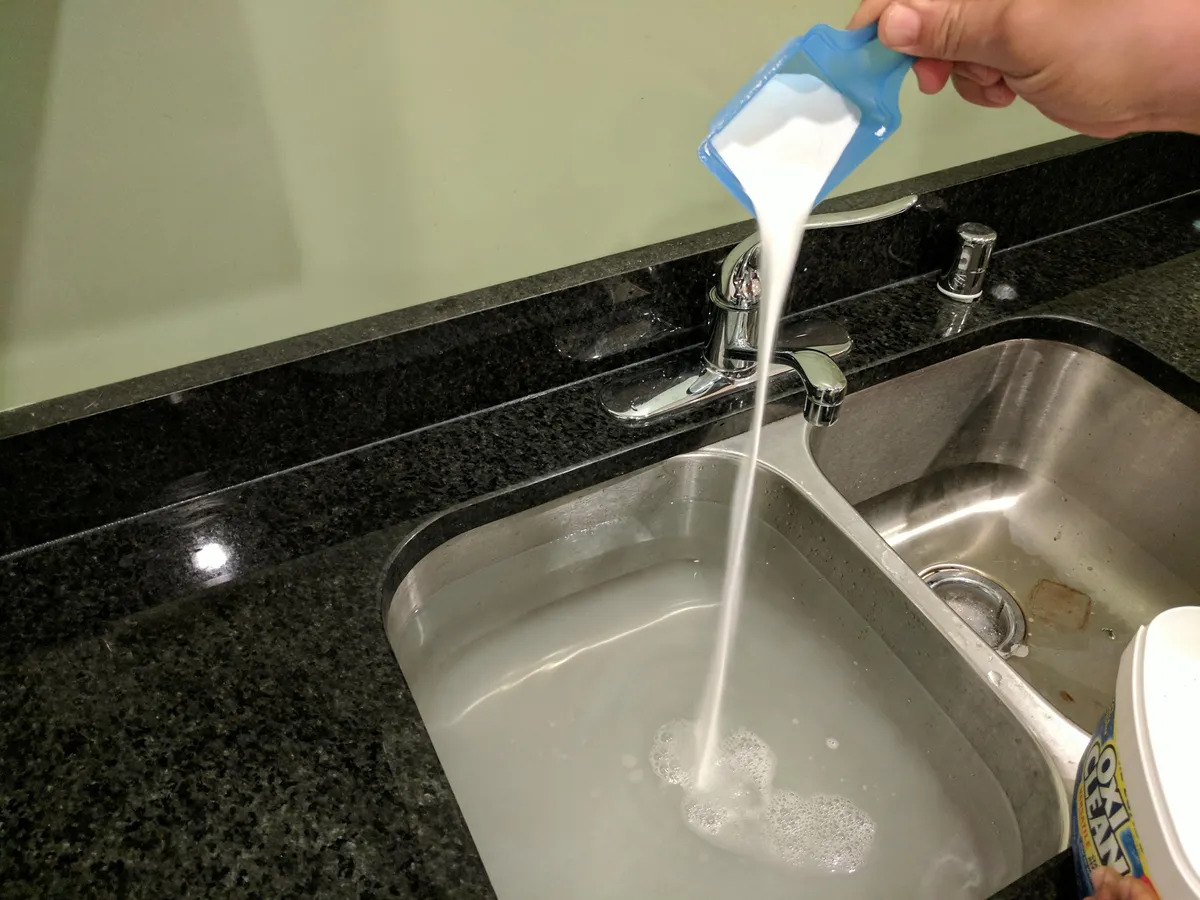
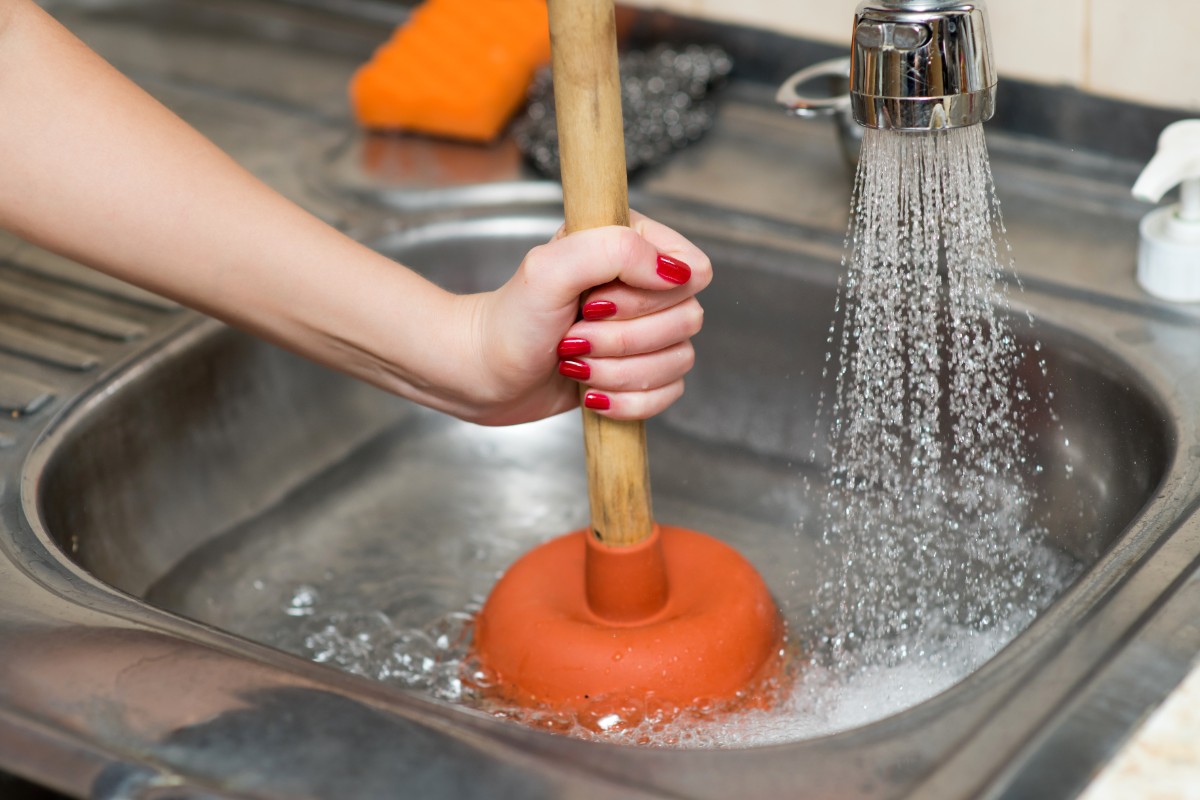
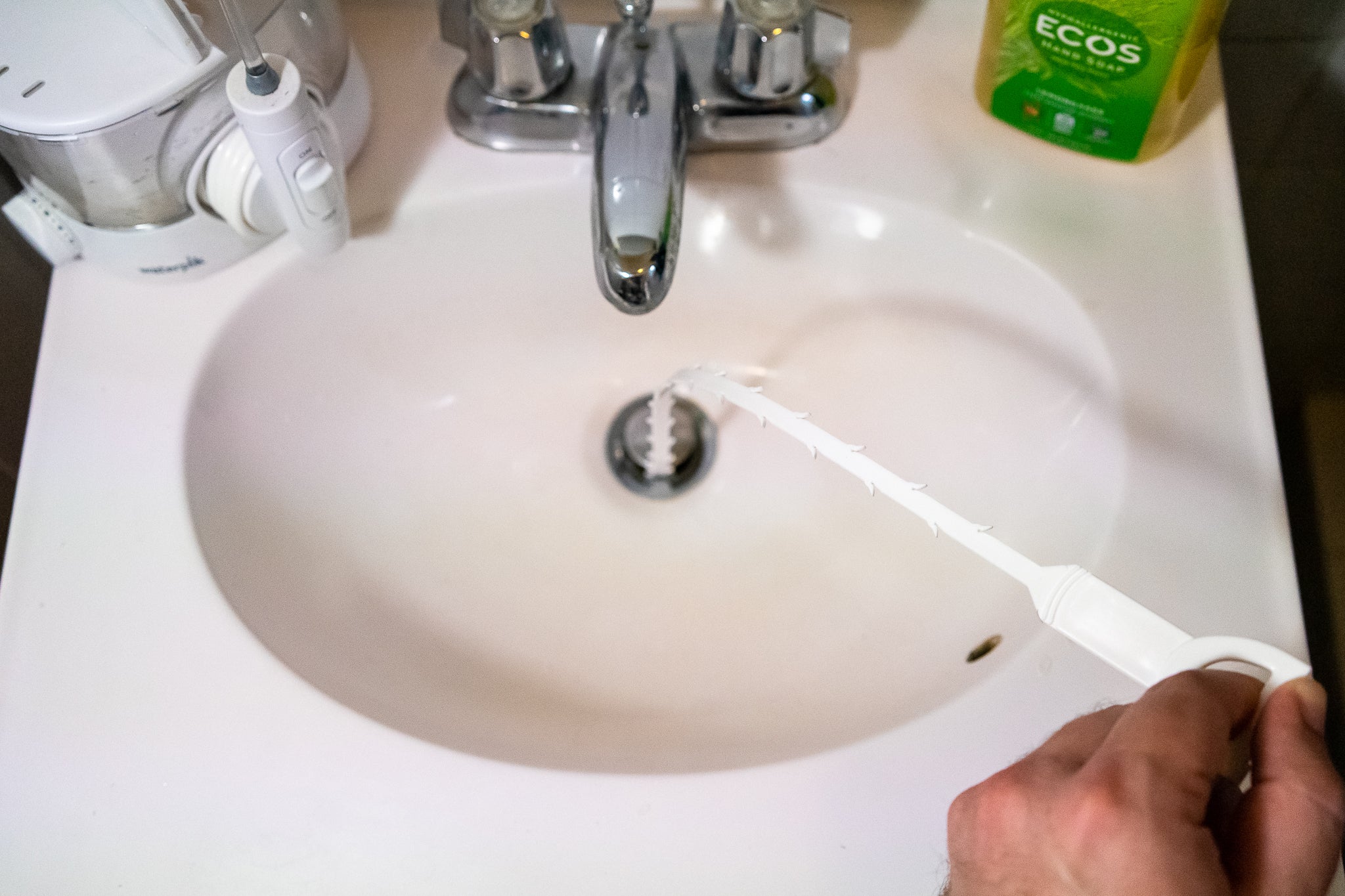
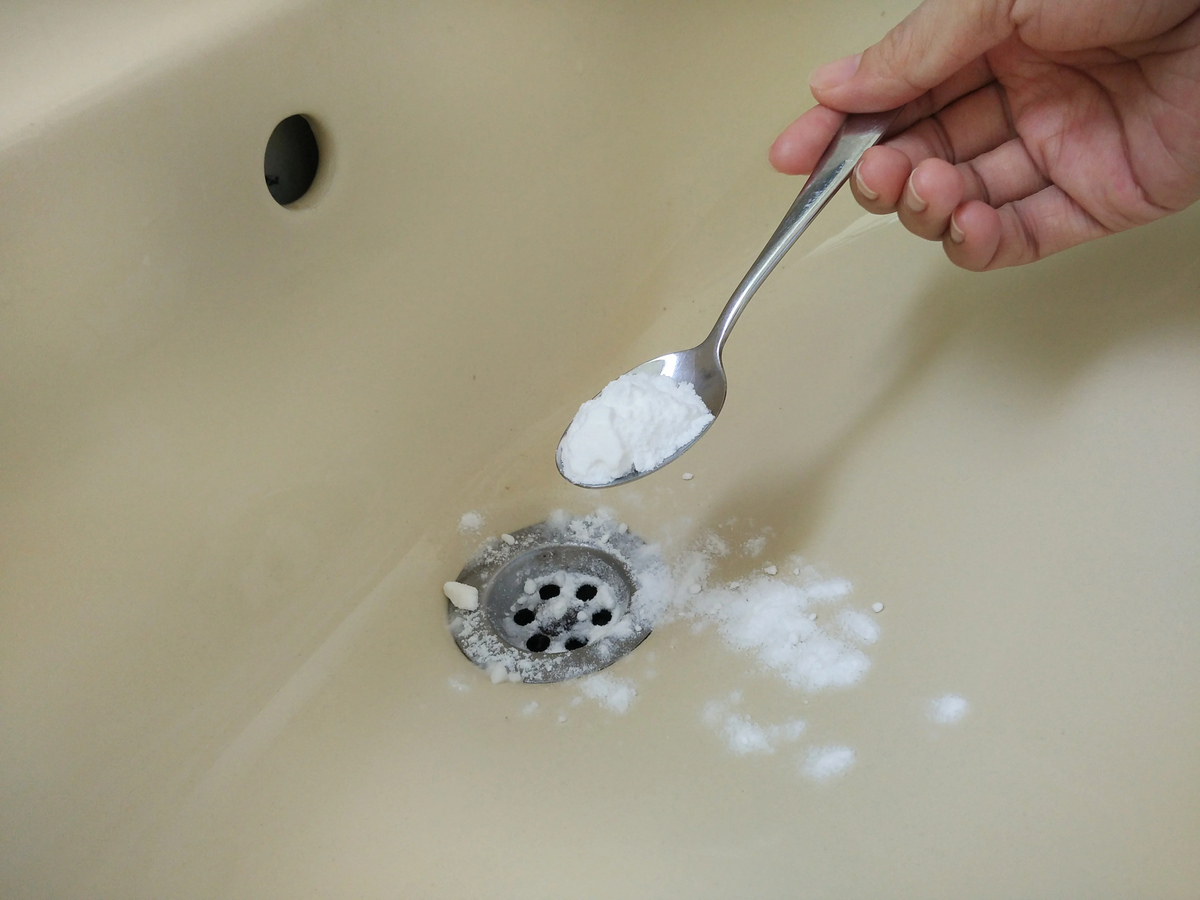
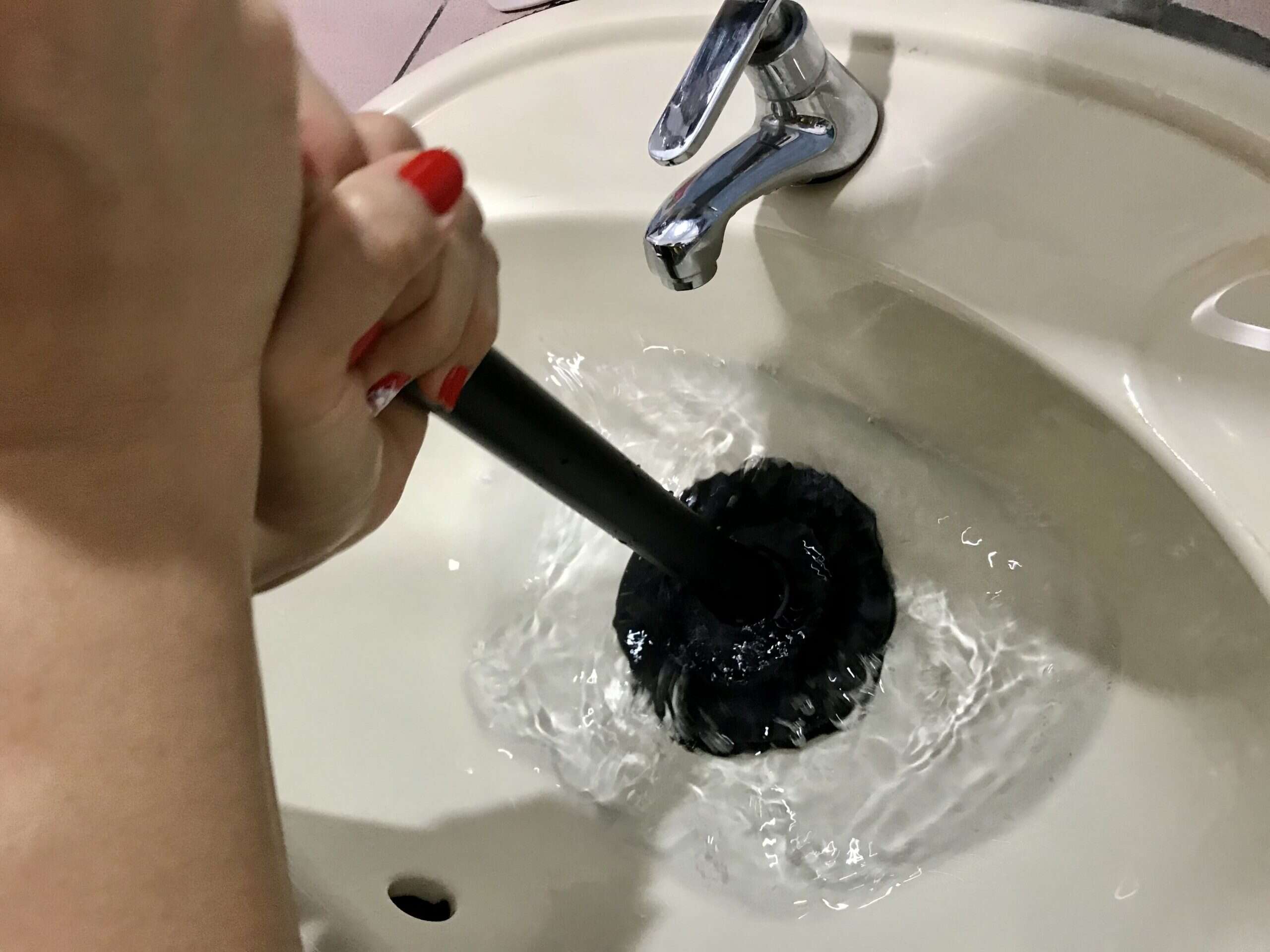
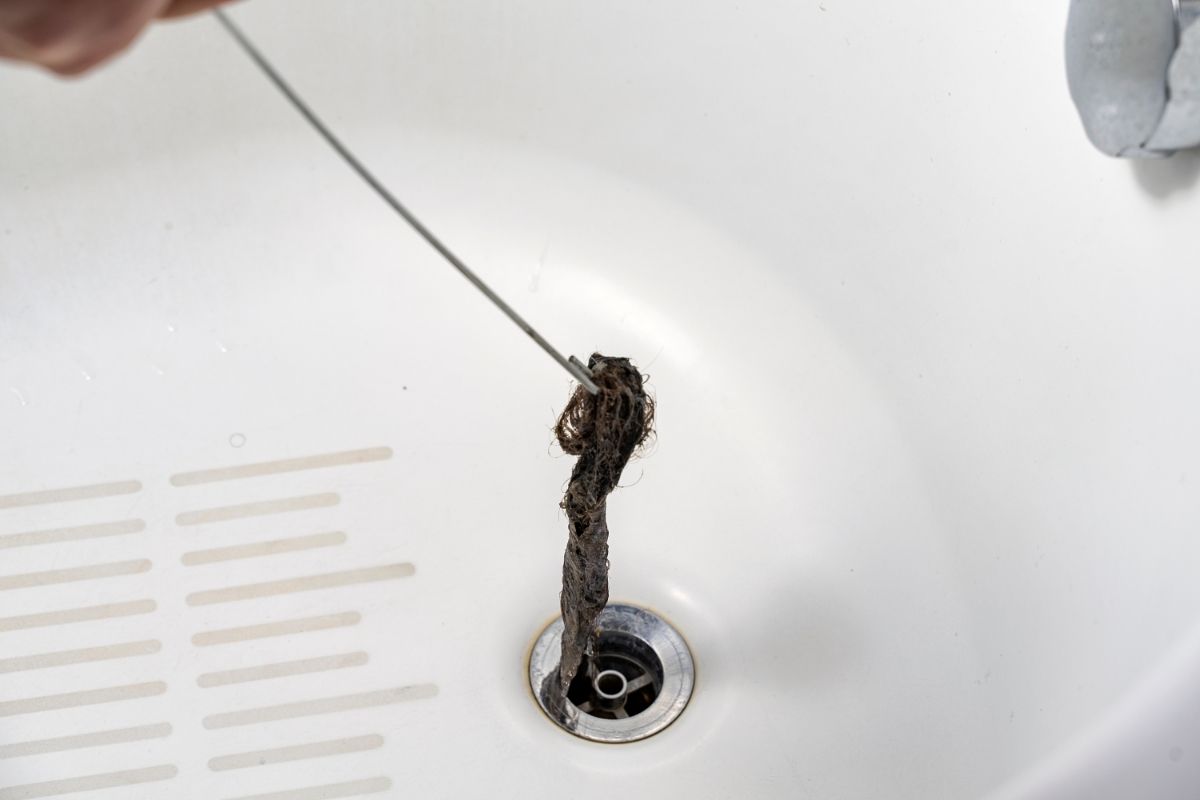
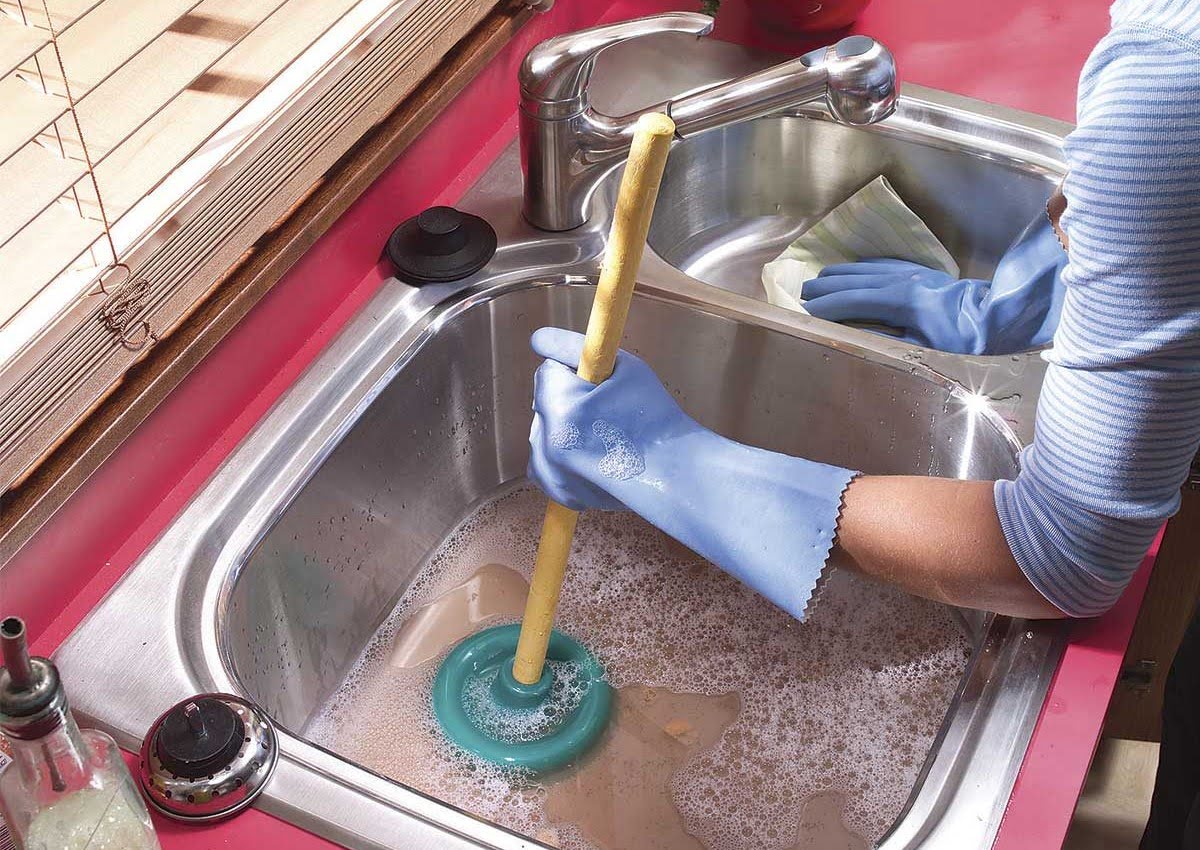
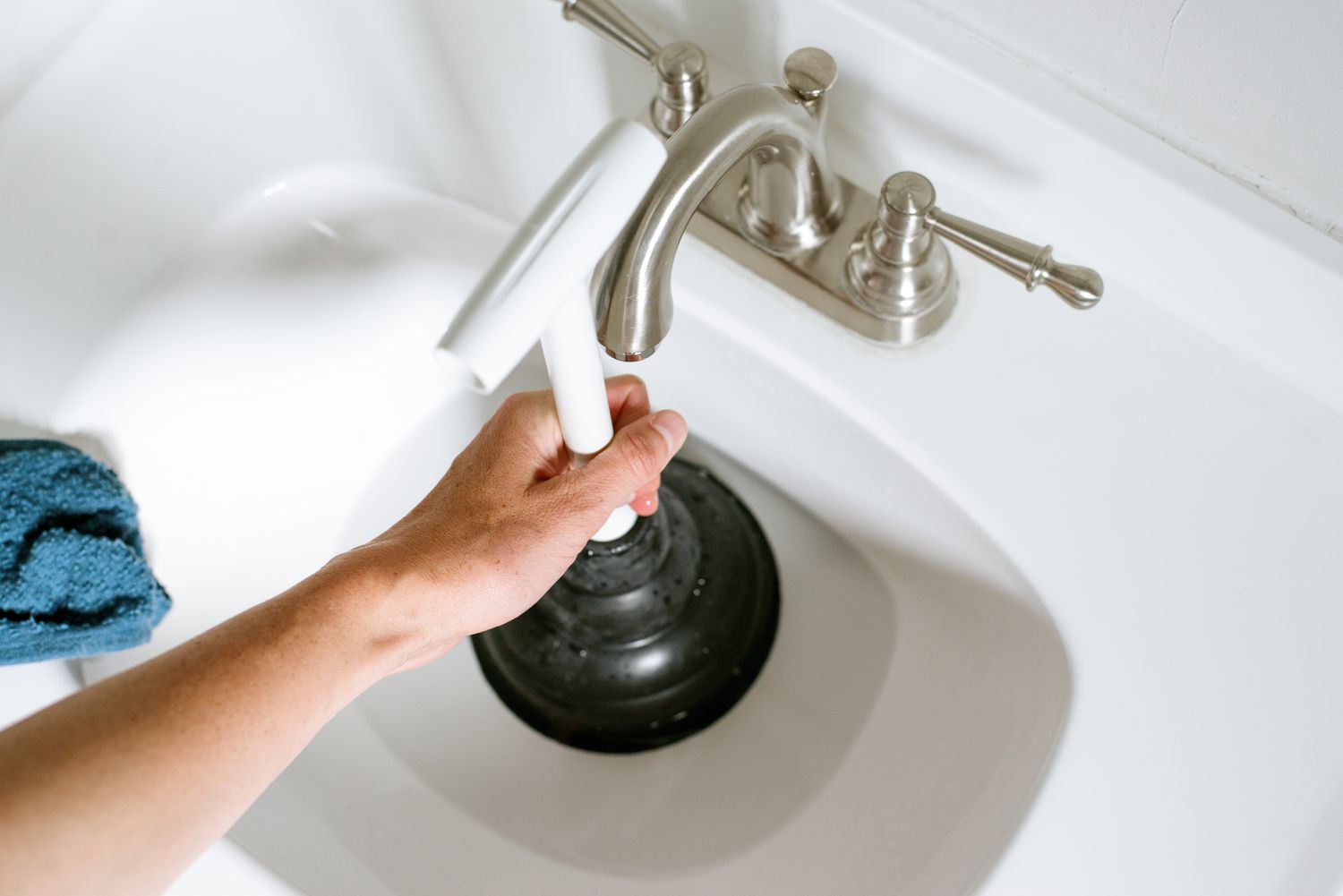
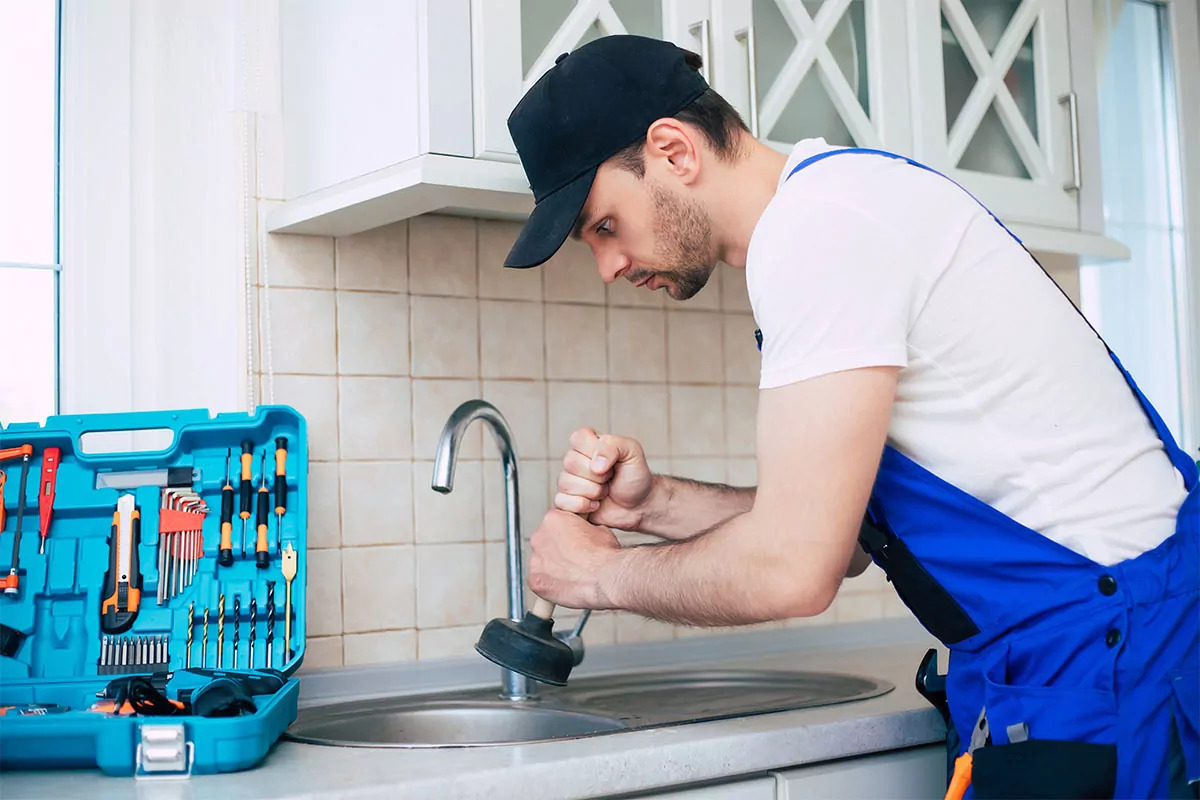
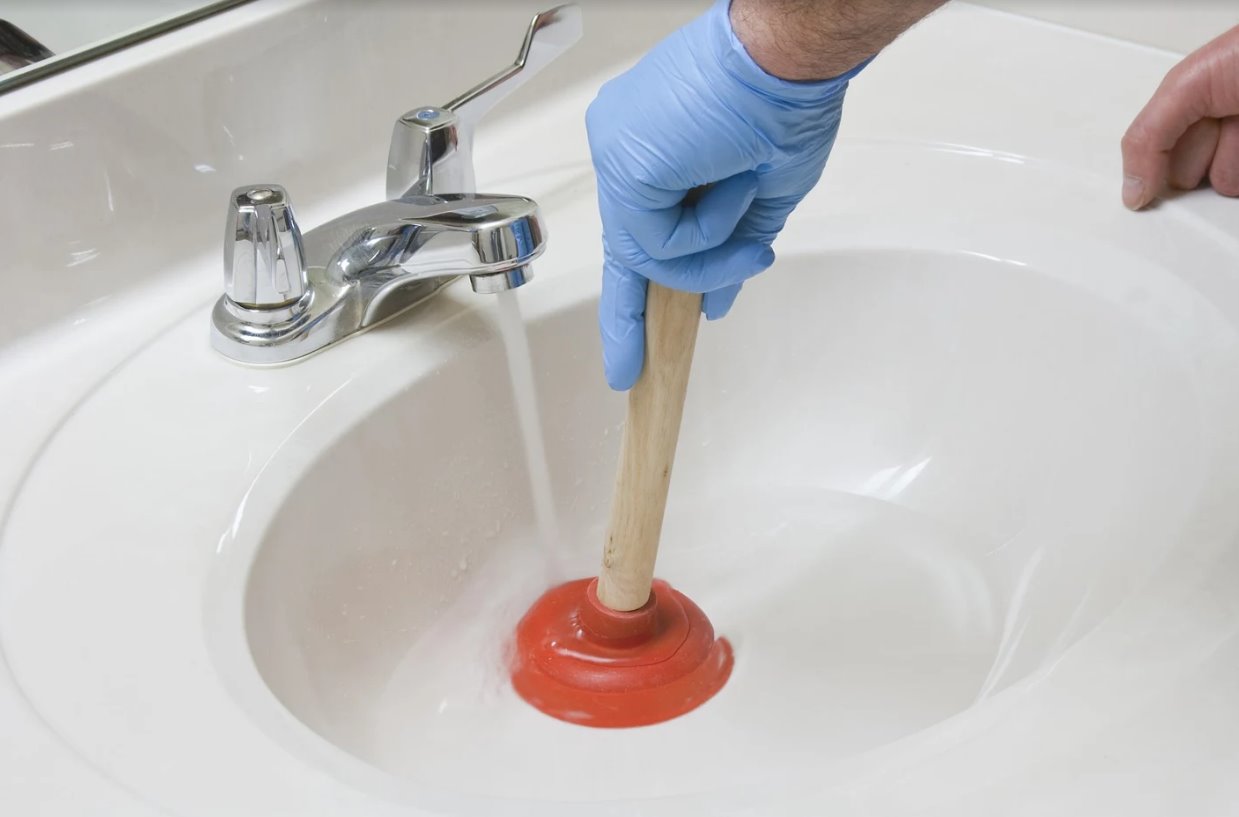
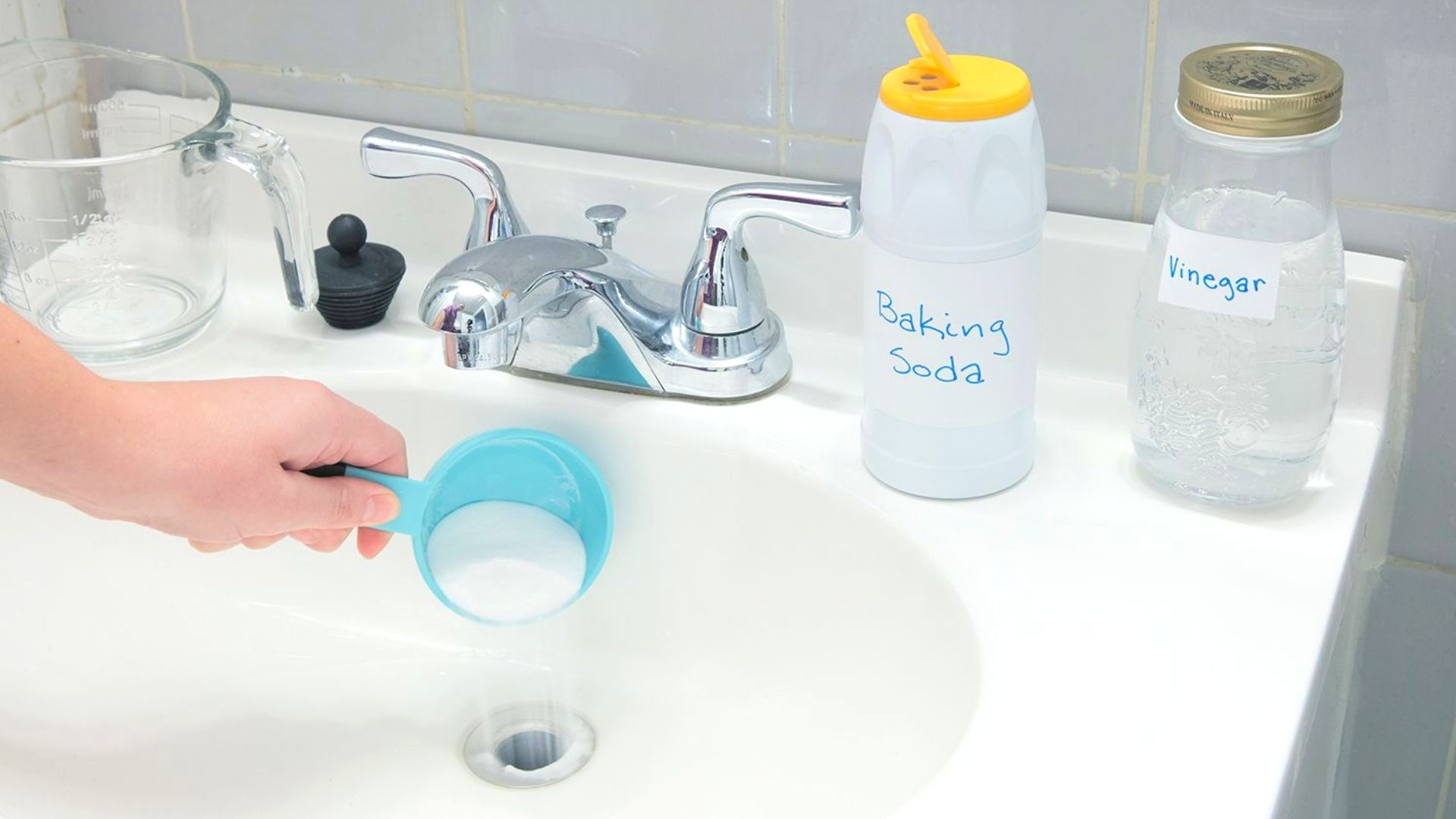
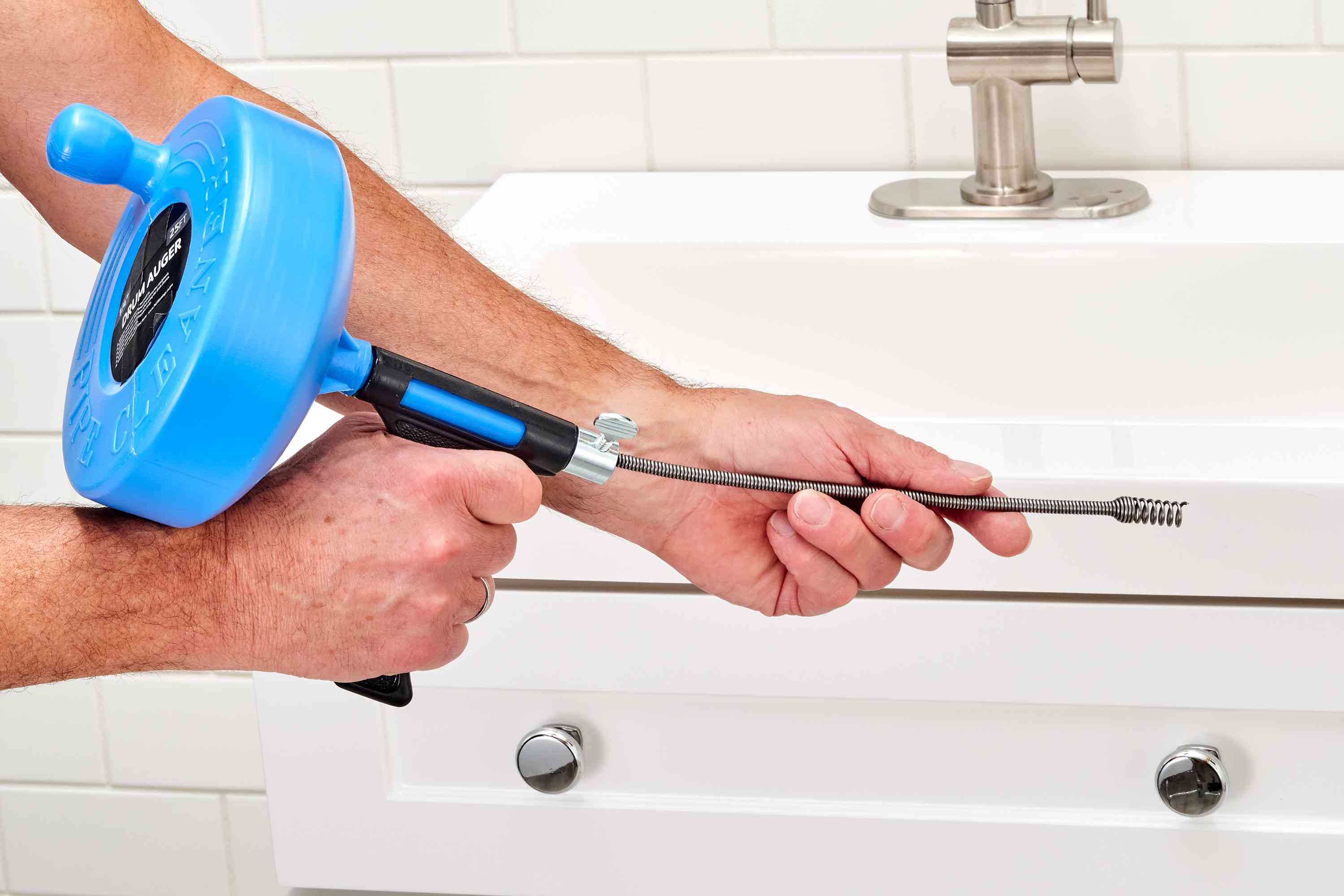

0 thoughts on “How To Unclog A Sink Naturally”